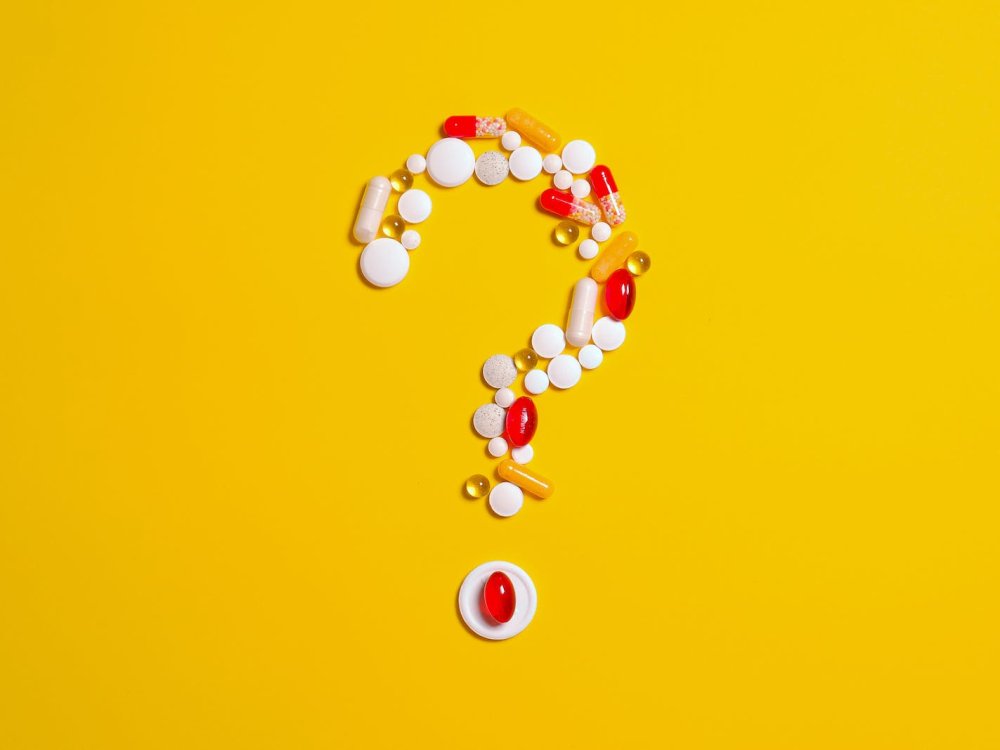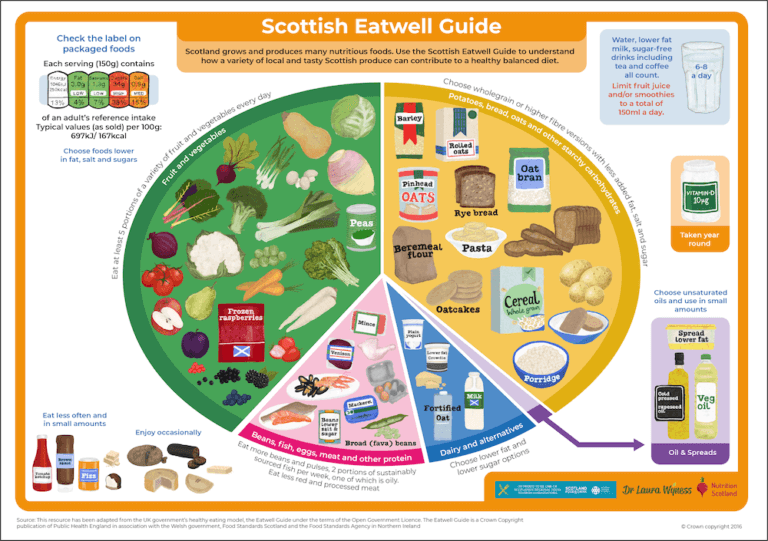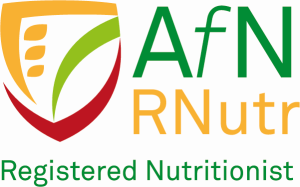Most of us should be able to get all the vitamins and minerals we need – with the exception of vitamin D – by having a diversity of foods in our diet. Yet in some cases, supplements can be useful for maintaining and improving your health. Below are some cases where taking a vitamin or mineral supplement might help to fill in gaps in your diet.
The supplement that we should all be taking
Vitamin D is the exception to the rule that a varied diet can meet our nutritional requirements. Our skin makes vitamin D from direct sunlight, but in the UK, we can’t do this between October and March so we need to obtain it from our diet. Unfortunately, vitamin D is not widely found in foods so it is challenging to fill the vitamin D gap from food alone.
The advice in the UK is that we should take 10 microgram (400 IU) supplement of vitamin D every day, particularly during the autumn and winter months. For more information on vitamin D supplements, check out this post on Vitamin D here.
Pregnant or planning to have a baby
If you are pregnant or planning to get pregnant, a daily folic acid supplement of 400 micrograms is recommended. You should start taking folic acid supplements before you are pregnant and keep taking them throughout the first 12 weeks of pregnancy.
Key vitamins and minerals during pregnancy include vitamin C, vitamin D, iron, iodine and calcium. If you feel that your diet may not be providing these nutrients, speak to your GP, midwife or a qualified nutritionist.
Growing children
Childhood is a time of rapid growth and development. To meet these extra demands, children have higher energy and nutrient requirements for their body size compared to adults.
Key nutrients for growing children include vitamins A, C and D. The UK Department of Health recommends all children aged 6 months to 4 years are given daily supplements containing vitamins A, C and D. Babies who are given infant milk formula shouldn’t be given extra vitamin D drop as baby milk formulas are already fortified with vitamin D.
If you are unsure what vitamins your child needs and how to get them, have a look at the NHS webpage: Healthy Start for more information. Healthy Start aims to support and ensure that all pregnant women, new mums and children up to 4 years are getting the vitamin and mineral supplements they need.
Older adults
As we grow older, it’s important to make sure that we are keeping our bones, muscles, eyes and nervous system healthy. Vitamin D, Vitamin C and the B-vitamins are important for all of us as we grow older. Calcium is an important mineral for maintaining healthy bones and teeth.
As we grow older our absorption of certain vitamins decreases, especially vitamin B12, yet getting these vitamins from having a varied and balanced diet should always be our first choice. Some older adults find that their appetite decreases and this can make it harder to meet these needs from foods alone.
Supplements can have benefits in supporting healthy ageing alongside having a healthy and balanced diet. However, there are some important factors to consider before taking supplements. Taking a safe dose is essential as well as checking that the supplements will not have any negative interaction with medications you may be taking. Seek advice from your GP, pharmacist or Dietitian about which supplements to take or avoid to stay in the best health. For more information on supplements for older adults, check the BDA food fact sheet.
A vegan diet
One common concern about vegan diets is whether you are getting all the vitamins and minerals your body needs. The British Dietetic Association (BDA) states that a well-planned plant-based diet can support healthy living at every age and life stage. Having said that, if you are vegan or planning to eat a more plant-based diet there are some nutrients that you should pay special consideration to:
- Vitamin B12 is one of the important supplements that vegans should take to meet their needs. Animal foods (such as meat, fish and dairy) are the main dietary sources of vitamin B12, so fortified foods with vitamin B12 and supplements are the only reliable source for vegans. Fortified foods include some breakfast cereals, plant-based yoghurts and milk alternatives and yeast extracts (e.g., Marmite). Make sure to have fortified foods at least twice daily or take a supplement, 10mcg daily or 2000mcg weekly to maintain a good level of vitamin B12 and avoid deficiency.
- The mineral iodine is important to consider. Getting adequate iodine can be a bit tricky as the iodine content of a plant-based diet depends mainly on the iodine content of the soil in which the plants grow. Adults need 140 micrograms of iodine a day. The ‘Vegan Eatwell Guide’ has useful information on how to ensure you get adequate iodine.
- Calcium is another important mineral to consider. Dairy foods are the main dietary source of calcium. However, you can obtain calcium from a variety of plant-based foods, such as tofu that has been set with calcium (check the ingredients label for calcium), spinach, broccoli, watercress, beans, chickpeas, sesame products (sesame seeds or tahini), almonds and calcium-fortified dairy milk alternatives.
In general, we should be able to get all the nutrients our body needs from a balanced and varied diet. This article has highlighted some cases where supplements may help us get the nutrients needed to function well and feel healthy.
It is important to ensure that you take supplements at the recommended doses and be careful that if you take more than one supplement you are not doubling up. More is not always better as some nutrients can be harmful at high doses and could negatively impact your health. If you are unsure, seek guidance from your GP, pharmacist, dietitian or a qualified nutritionist on what supplements you may need to consider, for how long, and also what dietary changes you could make to help you get the nutrients you need from what you eat.
Thanks to Nourhan Barakat for preparing this blog post. Nourhan is an Associate Registered Nutritionist (ANutr) who graduated from London Metropolitan University with a Master’s degree in Human Nutrition (Public Health) with distinction. Find her on Instagram and Twitter at @nutritionwith_nunn and @nutriwith_nunn











